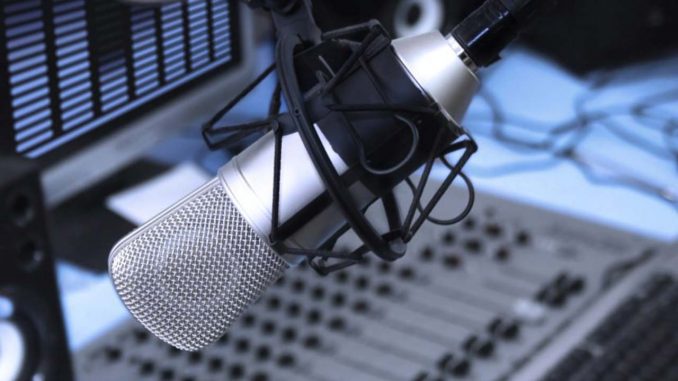

NCC directors bag NIEEE Fellowship
The Federal Government has been told to uphold the protection ratio of Digital Video Broadcasting second generation terrestrial (DVB-T2) and Long-Term Evolution (LTE) networks for a flawless co-existence.
Executive Director, Engineering, Nigerian Television Authority, Abeokuta, Ogun State, Stephen Okpanachi Moses, made the call in Abuja as the guest speaker at the eight fellowship conferment and award ceremony of the Nigerian Institute of Electrical and Electronic Engineers (NIEEE), which was held virtually and physically.
He explained that there are areas of growing interests in the use of the spectrum and studies of the interference of the two services are required as previous studies failed to explore Nigeria’s case.
In a paper presentation entitled: ‘Study of Coexistence between DVB-T2 & LTE Networks in the Digital Dividend Band in Nigeria,’ Moses identified the significant of such study to include ability to provide ways to maximise the use of limited spectrum; predict future scenarios and the consequences of deploying both services, and provide practical guidelines for efficient and reliable service in Nigeria
DVB is the extension of the television standard DVB-T, issued by the consortium DVB, devised for the broadcast transmission of digital terrestrial television. DVB has been standardised by European Telecommunications Standards Institute (ETSI) while LTE is a standard for wireless data transmission that allows for the download of favorite music, websites, and video at a faster rate than with the previous technology, 3G.
He mentioned that such a study seeks to achieve investigation of adjacent channel interference within Nigeria; investigate co-channel interference between adjoining countries and to validate the field measurement results through simulation results.
Moses recommended that the Nigerian Communications Commission (NCC) and National Broadcasting Commission (NBC) should enforce the protection ratios.
According to him, the Standards Organisation of Nigeria (SON), the Nigeria Custom Service (NCC) and NBC should work together to ensure only standard equipment are in Nigerian market and also building on a practical guide of co-existence for the two services
The National Chairman of the Institute, Kings Adeyemi, an engineer, saluted the contributions of the founding fathers of NIEEE, the past chairmen at national and chapter levels.
A total of 24 distinguished members were conferred with fellowships, while some partners of the institute were also recognised for awards.
Among those conferred with the fellowship awards are two directors of the Nigerian Communications Commission (NCC), Bako Wakil and Oluwatoyin Asaju.
Wakil is the Director, Technical Standards and Network Integrity, while Asaju is the current Director, Spectrum Administration Department at the Commission.
Wakil holds a Master of Science degree in Information System Engineering, South Bank University, London, (1997) and a Bachelor of Engineering in Electrical/Electronic Engineering, University of Maiduguri (1989). He is a Microsoft-Certified Professional (MCP), Member, Nigerian Society of Engineers (MNSE); member, Institute of Incorporated Engineers (MIIE) and a COREN-registered engineer.
In the same vein, Asaju holds a Bachelor of Engineering degree in Electrical Engineering (1985), Master of Business Administration (1998) and Post-Graduate Diploma in Computer Science (2004) all from the prestigious University of Ilorin. A beneficiary of the International Telecommunications Union (ITU) postgraduate scholarship programme, Engineer Asaju earned a Master’s Degree in Telecommunications Regulation and Policy (MRP) with distinction from the University of West Indies in 2007.
Meanwhile, the Executive Vice Chairman (EVC) of NCC, Prof. Umar Garba Danbatta, has added his voice to those of colleagues, friends, professional associates and well-wishers of the awardees to felicitate with the duo on the new engineering fellowship status.
Danbatta said the awards were in recognition of the valuable and selfless service to the society and their widely acknowledged authority in the field of engineering, describing the two directors as professionals who have made remarkable contributions to the regulatory achievements of the Commission.
